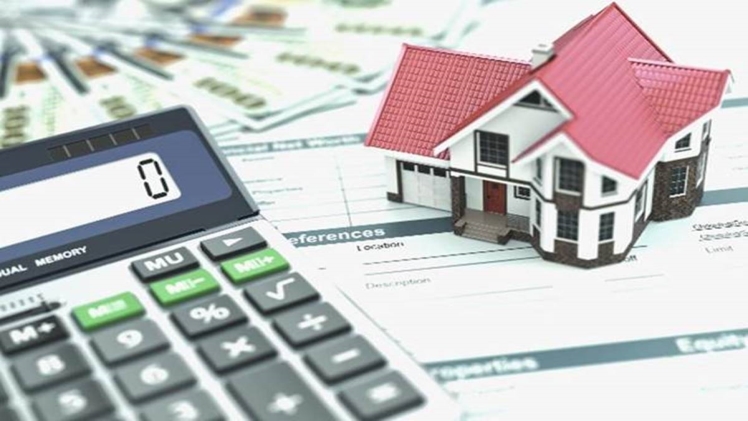If you are a salaried employee, HRA benefits can be claimed on an income tax return. HRA is the abbreviation for House Rent Allowance and it refers to the money that employers give employees as monthly rent allowance.
HRA exemption is given by the government of India to its citizens who live in rented accommodations whether they are married or single. Generally, HRA benefits cannot be claimed if you own your house or if your spouse owns their own house that they live in jointly with you. However, there are certain situations where HRA exemption benefits can also be claimed along with Home loan interest deduction which will help reduce your taxable income and save more of your hard-earned money!
This blog will provide you with a guide on how to receive both HRA exemption and Home-Loan interest deduction in the same financial year.
Who is eligible to receive HRA exemption?
The HRA exemption is only accessible to salaried employees who meet specific criteria. The first requirement is that House Rent Allowance should be a component of your net pay. The second requirement that must be met is that you must pay an amount as rent for the occupied property and the third requirement that must be met is that you should not own the accommodation for which you have to pay rent. If all these conditions are met then HRA exemption will apply in full on HRA received from an employer.
The least of the following amounts is eligible for HRA exemption from tax:
- HRA amount received as a part of salary
- 50% of net income (Basic + DA) for employees residing in metropolitan cities. 40% of net income (Basic + DA) for employees residing outside metropolitan cities.
- Amount paid as rent – 10% of net income (Basic + DA)
What are the requirements for receiving house loan tax exemptions?
One requirement must be met in order to take advantage of the tax advantages for a home loan: the property must be completed and ownership acquired (Section 80C for repayment of principal amount and Section 24B for interest deduction). This implies that if you buy an under-construction apartment, you won’t be able to take advantage of these perks until development is done and ownership is granted. Both tax advantages will be available as long as you are either the owner or co-borrower of the money borrowed.
These tax benefits can be availed for both the payment of interest and the principal money repayment. The tax advantage of repayment of the principal amount for home loans is provided by Section 80C of the Income Tax Act. Section 24(b) of the Income Tax Act allows you to claim up to 2,00,000 INR towards annual interest for self-occupied properties. If you have multiple properties declared as self-occupied, then you will need to choose any two properties and treat the remainder as if they’ve been rented at market rate.
Under Section 80EEA of the Income Tax Act, you can claim an additional 1,50,000 INR interest if you fulfill certain conditions and your house loan is approved between April 1st, 2019 and March 31st, 2022.
How to receive both HRA exemption and Home-Loan interest deduction?
House Rent Allowance is useful for those who have moved to a new locality and are employed there. HRA legal rules are found under Section 10(13A) and Section 2A of the Income Tax Act. The laws do not state that you are not eligible to claim HRA exemption if you are the owner of a home. Even if your parents reside in a home that was acquired with a home loan and is in the same town as you, you are still eligible to receive HRA exemptions if you live in a different house and enter into a rental agreement with the owner of that house. Thus, you can claim both HRA exemptions and tax deductions on your home loan interest payments.
So, the conditions of receiving both HRA Exemptions and Home-Loan interest deduction are:
- You should be eligible to receive HRA Exemptions.
- You should be eligible to receive Home-Loan Interest Deductions.
- You must not be residing in the house purchased by the home Loan you’re seeking for an interest deduction on.
It must be noted that if it is proved that you’re not staying in the rented house or living in your house bought with the help of a mortgage, the Tax Department may prosecute you for sharing false data on your ITR. As a result, this dual benefit must be requested in specific real instances only, not for the goal of tax avoidance.
Conclusion
As you can see, it is possible to have both HRA exemption and Home-Loan interest deduction in the same year. The only caveat being that this dual benefit should be requested for real instances of a living situation change. If any tax advantages are desired, they must be sought through legal means not by using this legitimate financial construct as a loophole which would result in penalties on your end.

